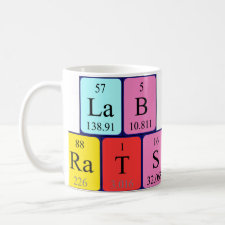
Authors: Zhu YY, Yang L, Huang DD, Zhu QH
Article Title: Molecularly imprinted nanoparticles and their releasing properties, bio-distribution as drug carriers.
Publication date: 2017
Journal: Asian Journal of Pharmaceutical Sciences
Volume: 12
Issue: (2)
Page numbers: 172-178.
DOI: 10.1016/j.ajps.2016.08.008
Alternative URL: http://www.sciencedirect.com/science/article/pii/S1818087616300861
Abstract: Molecular imprinted nanoparticles (MINPs) can memorize the shape and functional group positions complementary to template, which account for the large drug loading capacity and slow drug release behavior as drug carriers. We synthesized MINPs via precipitation polymerization with vinblastine (VBL) as a model drug, and investigated the drug loading, releasing property in vitro and bio-distribution in vivo. The obtained MINPs, from 300 to 450 nm, had smooth surface and favorable dispersibility. The entrapment efficacy and drug loading capacity of VBL loaded MINPs (MINPs-VBL) were 83.25% and 8.72% respectively. In PBS (pH7.4), MINPs-VBL showed sustained release behavior. The cumulative release percentage reached about 70% during 216 h and no burst release was observed. The releasing behavior of MINPs-VBL in vitro conformed to the first-order kinetics model. MINPs-VBL and commercially available vinblastine sulfate injection (VBL injection) were injected via tail vein of SD rats respectively to investigate the bio-distribution. MINPs-VBL group showed higher concentration of VBL in tissues and serum than VBL injection group after 60 min, and the drug level in liver was the highest. MINPs-VBL exhibited liver targeting trend to some extent, which was based on the evaluation of drug targeting index (DTI) and drug selecting index (DSI)
Template and target information: vinblastine, VBL
Author keywords: molecular imprinted nanoparticles, Vinblastine, Drug carrier, sustained release, Liver targeting



Join the Society for Molecular Imprinting

New items RSS feed
Sign-up for e-mail updates:
Choose between receiving an occasional newsletter or more frequent e-mail alerts.
Click here to go to the sign-up page.
Is your name elemental or peptidic? Enter your name and find out by clicking either of the buttons below!
Other products you may like:
 MIPdatabase
MIPdatabase









